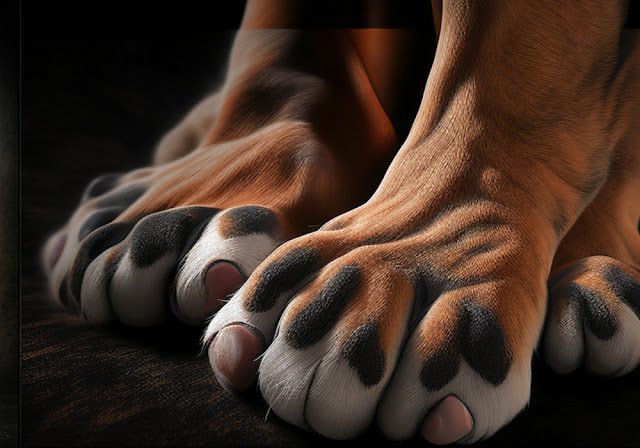Histiocytomas are benign (non-cancerous) skin tumors that are commonly found in dogs, particularly in younger dogs. They are made up of histiocytes, which are a type of immune cell that is involved in the body’s response to inflammation and infection. In the case of a histiocytoma, the histiocytes become abnormal and multiply, leading to the formation of the tumor.
The exact cause of histiocytomas is not fully understood, but it is thought that they may be related to immune system abnormalities or exposure to certain substances or infections. Some research suggests that histiocytomas may be more common in dogs with compromised immune systems, such as those with autoimmune diseases or those taking certain medications.
It is also possible that histiocytomas may be related to environmental factors, such as exposure to chemicals or toxins. In some cases, histiocytomas may be related to a dog’s breed or genetic factors.
Overall, the exact cause of histiocytomas is not fully understood and more research is needed to determine the exact factors that contribute to the development of these tumors.
It is important to note that histiocytomas are benign tumors and do not typically spread to other parts of the body. However, they can sometimes resemble more aggressive tumors, so it is important for a veterinarian to diagnose and confirm the diagnosis of a histiocytoma.
If a histiocytoma is present on a dog’s paw, it is important to keep the area clean and prevent the dog from licking or biting at the tumor. This can help to prevent infection and ensure that the tumor is able to heal properly. It is also important to follow the treatment plan recommended by a veterinarian, which may include medication or surgical removal of the tumor.
In some cases, a histiocytoma may resolve on its own without treatment, particularly in younger dogs. However, it is important to have the tumor evaluated by a veterinarian to rule out the possibility of a more serious condition and to determine the best course of treatment.
In conclusion, histiocytomas are benign skin tumors that are commonly found in dogs, particularly in younger dogs. It is important to have the tumor evaluated and treated by a veterinarian to ensure that it does not cause any problems for the dog. If the histiocytoma is present on a dog’s paw, it is important to keep the area clean and follow the treatment plan recommended by a veterinarian to ensure proper healing.



